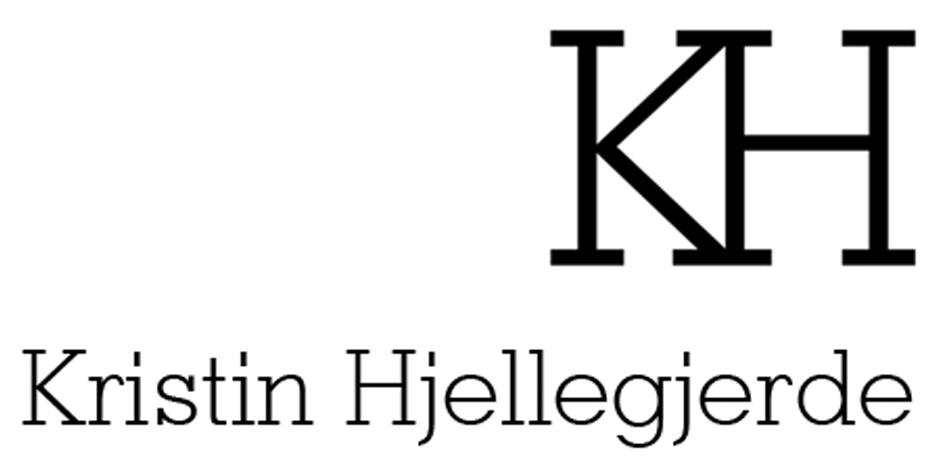Private View: Thursday, 20th of July 2023, 6 - 8 pm London (Wandsworth)
A balled-up fist, an outstretched palm, a boxing glove, golden rings, bracelets and a smouldering cigar. The Ethiopian artist Dawit Abebe uses the body – and associated objects or props – as a way of investigating social, political and cultural behaviours. His latest series, titled Hands Matter (የእጃችንን - Yejachinin) after an Ethiopian expression that emphasises the importance of our actions, examines how hands are used to express our thoughts and desires as well as to manipulate and assert power. Presented in a solo exhibition at Kristin Hjellegjerde Gallery, London, these bold, multilayered works reflect on issues inherent to time, the environment, identity and heritage.
Over the years, Abebe has developed a distinct visual language that incorporates painting, drawing and collage techniques to create highly original compositions that not only explore Ethiopian history and culture, but also seek to unpick the very nature of humanity. Since 2009, following the artist’s first trip to the Omo Valley in southern Ethiopia where he witnessed vastly different social and economic realities, the body, specifically the male body, has been a central motif of his work. Appearing in enlarged and fragmented forms, the body, for Abebe, represents a collective or mode of existence rather than an individual. In this series, we encounter a collection of hands performing different gestures against colourful, abstract backgrounds.
The hands have their own defining characteristics – painted nails, elongated fingers, golden bracelets and rings (common features in the artist’s work representing commitment and wealth) – but their physical positioning within the space seems to also suggests an emotion, social status or intention. Take, for example, Hands Matter E. Here the focus is on a cigar pinched between thumb and forefinger, and balancing across the backs of the knuckles. It’s a casual, seemingly passive gesture that at the same time denotes a certain type of masculinity and complacent authority. By contrast, the wobbly contours and open palm holding a golden ring in Hands Matter O suggests a sense of uncertainty or perhaps even resignation.
While Abebe draws on a universal understanding of body language, the fragmentation of the body and stripping out of contextual background detail leaves the imagery open to interpretation. As such, these paintings can be read from multiple perspectives: are the down-turned palms in Hands Matter K and R reassuring or sinister? Are they symbols of comfort or oppression? Are the hands clutching a golden orb in Hands Matter M a representation of greed or hope? The use of double entendre in Abebe’s work is inspired by Ethiopian literary tradition Sem-ena Werq, but it is also part of a wider desire to express the complexity of human relationships and social structures. Put simply, things are rarely as simple as they first appear.
This is also reflected in Abebe’s use of a wide range of materials and references. The colours in his paintings derive from his childhood memories of the house and the neighbourhood he grew up in while the texture of his surfaces comes from pages torn from old elementary school exercise books which Abebe pastes on to the canvas before covering with layers of paint. As symbols of ‘acquired’ and ‘regulated’ knowledge, these pages become an important part of the artist’s representation of systems of power, reflecting on how education, like hands, can be used as a tool for both empowerment and manipulation.
Perhaps then, ‘Hands Matter’ could also be interpreted as everything we do and say has consequences. And while Abebe’s works may draw attention to the ways in which the actions of humankind have led to the formation of insidious power structures and social injustices, they also highlight our ability to resist and to enact change.


